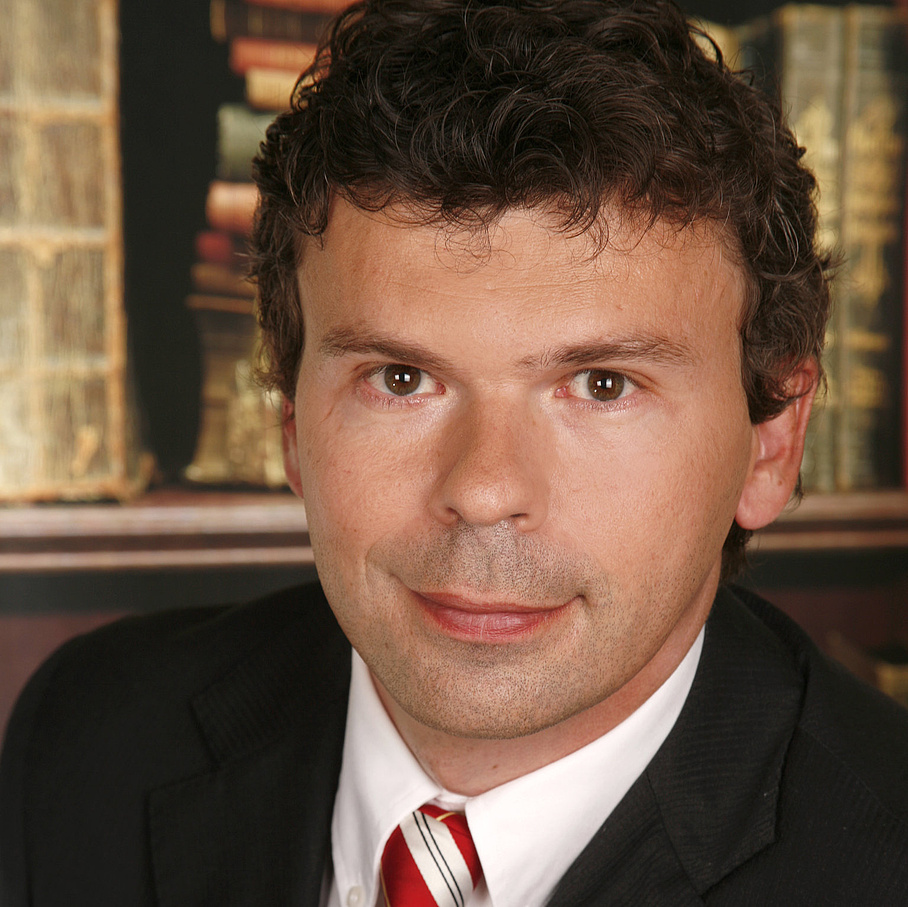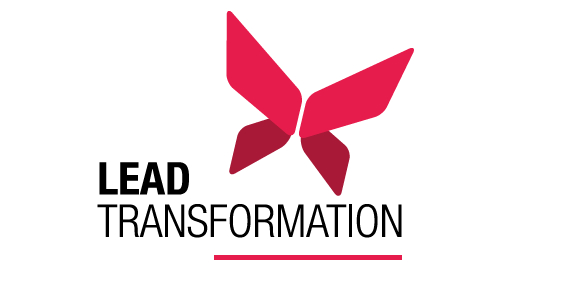In this specialisation, you will acquire knowledge that enables you to understand exactly how to and why you should optimise processes in the construction sector by using digital technologies to increase effectiveness and efficiency in production planning, control, and management. This specialised knowledge enables you not only to help reduce construction costs, but also to increase sustainability and occupational safety in the industry. The specialisation also teaches you how to systemically deal with uncertainties faced in different construction project phases and to understand their influence on decision-making processes.
Modules of the specialisation
- Agile Digitalization in Construction Management
- CO2-Footprint in Construction Management
- Chances and Risks in Construction Management
The modules can be booked individually or as a "Digital Construction Management" package. The participation fees per course/module are € 1,500. Discounts can be offered if several modules are booked at the same time.
Target groups
Professionals and managers in the construction sector with responsibilities in the following areas:
- Production planning
- Calculations
- Construction
- Construction controlling
- Opportunity-risk management
- Sustainability management
- Energy management
Project managers who are responsible for
- the digitalisation of planning and construction processes,
- the life cycle phases and the carbon footprint,
- and opportunity-risk management in organisations and projects.
Clients and contracting authorities
- in building construction
- in civil engineering
- in industrial construction
Counsellors working in the fields of
- Project management
- Project control
- Bidding and awarding
- Building construction
- Appraisal expert
Alumni of the fields of study
- Industrial Engineering
- Civil Engineering
- Architecture
Module: Agile Digitalisation in Construction Management
In this module, you will increase your knowledge about digitalisation processes and agile modelling used in construction operations. You will learn which digitalisation and monitoring systems are available, how agility affects the construction, and how digitalisation influences the CO2 footprint of buildings in construction operations. The digital knowledge shared and the insights provided by this knowledge enable you to use forecasting and calculation methods to make the best recommendations possible for specific actions throughout the project, which ultimately make a decisive contribution to the project’s success.
Module: CO2-Footprint in Construction Management
This module addresses one of the most pressing issues of our time – sustainability or climate protection. The construction and operation of buildings are responsible for approx. 38 % of the global CO2 emissions. In order to counteract this trend, you will be given a systematic overview of the life cycle phases of a building and learn more about the phases in which the CO2 footprint can be significantly influenced. You will learn how to use different methods to calculate the CO2 footprint and discuss the contents and requirements of the EU taxonomy, the Fit for 55, and the Green Deal.
Module: Chances and Risks in Construction Management
Calculations and predictions on aspects of construction projects related to money and time usually yield deterministic results that do not allow for an assessment of the risk-reward ratio, event space, and maximum damage/benefit. This module teaches you skills that enable you to recognise chances and risks early on when carrying out construction projects. By providing practical examples, this module examines the question of how chances can be more effectively used and risks can be minimised. To answer this question, you will learn how uncertainties can be systematically considered in all project phases by using Monte Carlo simulations.

The key to success lies in high-quality integral and cooperative planning and construction. Elements of digitalisation are increasingly making their way into aspects of building planning, construction, operation, and dismantling that save resources. Among other things, this results in a higher quality of resource use, reduced energy consumption, and/or lower CO2 emissions. Furthermore, chances and risks can be recognised earlier and either maximised or minimised.

As digitalisation increases, the need for handling data and information more effectively is also increasing. It is enormously relevant for people – and especially for decision-makers – that we create, implement, and continuously improve (calculation) models, as well as to make useful interpretations of the results. Increasing the quality of predictions and systematically dealing with uncertainties are key to our ability to intervene in both planned and ongoing processes regarding the defined goals.
People responsible for the specialisation
Christian HOFSTADLER
Assoc.Prof. DI Dr.techn.
Head of the Institute for Construction Management and Economics and the Working Group Management and Risks/Digitization at TU Graz
Markus KUMMER
DI Dr.techn. BSc
Project Senior Scientist at the Institute for Construction Management and Economics at TU Graz

Contact
Helmut ASCHBACHER
Dr.
TU Graz Life Long Learning
Phone: +43 316 873 4943
helmut.aschbacher@tugraz.at


